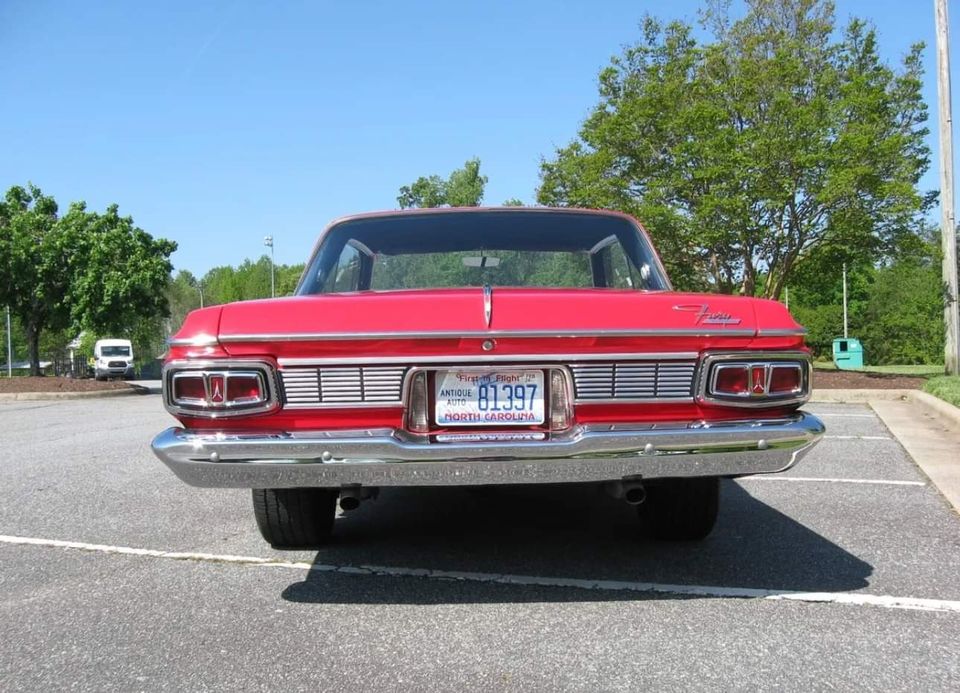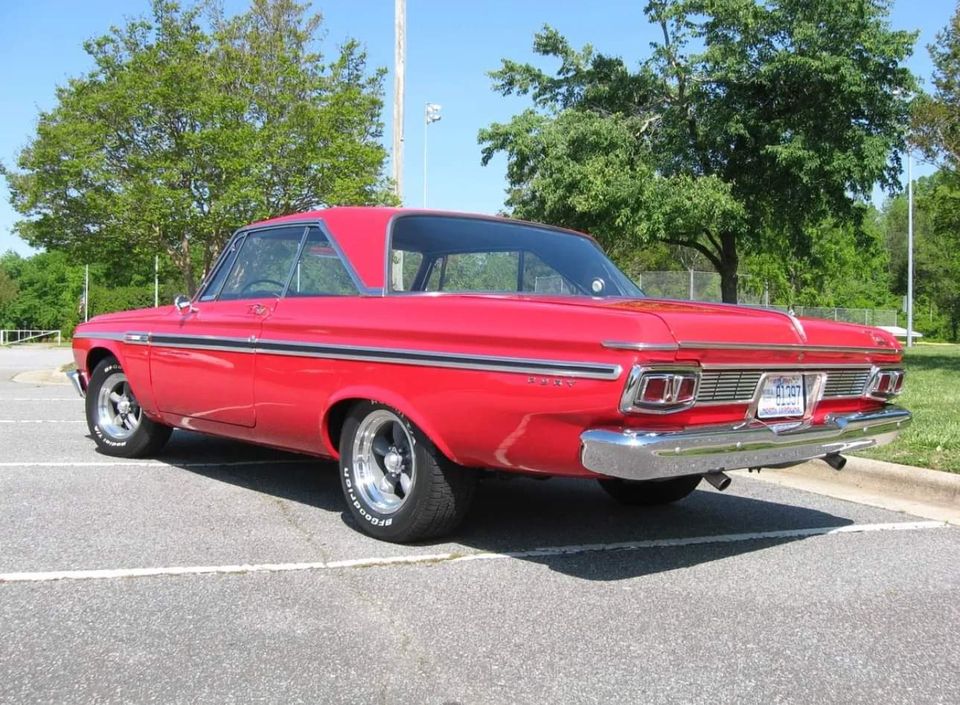Introduced initially as a sub-series of the Belvedere in 1956, the Plymouth Fury became a stand-alone nameplate in 1959. And it soldiered on all the way until 1989 if we also include the Gran Fury model that replaced the seventh-generation Fury in 1979.Despite its 43-year-long stint in showrooms, the Fury isn’t the first Plymouth that comes to mind when talking about iconic Mopars. Except for the 1958 Belvedere Fury that was used in the movie “Christine,” that is. And while the early Fury is famous for its tailfins, it rarely gets credit as a performance car.
The same goes for the generations produced during the golden muscle car era. Granted, the full-size models built from 1965 to 1974 didn’t get the mighty 426-cubic-inch (7.0-liter) HEMI, and it was a bit too large and heavy for the 440-cubic-inch (7.2-liter) RB. However, the third-gen version sold from 1962 to 1964 was a fully-fledged muscle car.

No, this one didn’t get the 426 HEMI either because the iconic mill wasn’t introduced until 1965. But t was available with three big-block V8 engines, including the 413-cubic-inch (6.8-liter) 426 Wedge. In addition, the third-gen Fury was a midsize car, notably smaller than its predecessor and the full-size vehicle that followed.
While not as famous as the HEMI, the Wedge was Chrysler’s primary high-performance lump from the early to the mid-1960s. And much like its successor, it was born as a drag-spec engine. Based on the RB block, the 426 wedge-head mill delivered 415 or 425 horsepower (depending on compression ratio), and it was known as Max Wedge. And some of them made it into factory-built muscle cars wearing Dodge and Plymouth badges. Both are very rare and expensive nowadays.
Chrysler also offered a milder version more suited for street use. Unrelated to the Max Wedge except for architecture and dimensions, the Street Wedge was available in B-body Mopars and delivered 375 or 385 horsepower. While not quite as scarce and sought-after as the Max Wedge, the Street Wedge V8 is also rare due to its short production run (1964-1965). The 1964 Fury you see here packs one of these powerplants under the hood.

It’s not the engine it got from the factory, but here’s the good news: the owner decided to add a few Max Wedge components to the 426. The mill now rocks a complete Max Wedge top end, Holley four-barrel carburetor, and Max Wedge exhaust manifolds. There’s no info on how powerful it is now, but it should send more than 400 horsepower to the rear wheels. Yup, this unassuming Fury is a fully-fledged sleeper.
Engine aside, the classic Mopar looks decidedly lovely inside and out. Repainted in the original Ruby Red, the Fury is rust-free and sports shiny chrome trim. The all-black interior likely received new upholstery during a recent restoration, and it looks classy thanks to a front bench seat and a silver dashboard.
